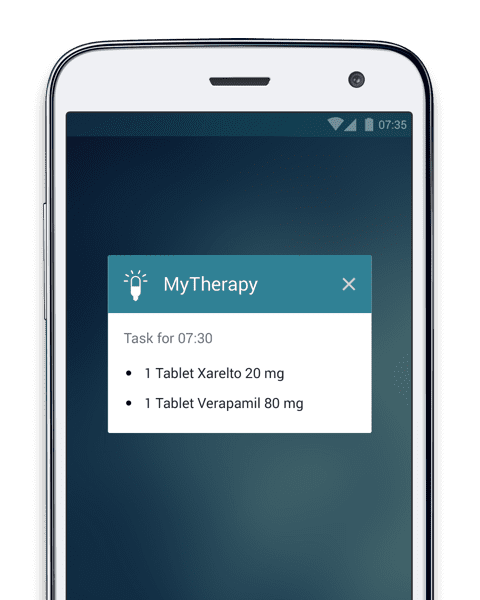Atrial Fibrillation (also 'AF' or 'AFib') is a serious health condition that, if untreated, can have severe consequences. In the UK alone, 1.3 million are diagnosed with AF. Every 18 minutes a UK citizen suffers an AF-related stroke. Battling AF and its life-changing consequences are not only a task for medical professionals: patient behaviour greatly influences the risks associated with AF. Our infographic on Atrial Fibrillation in the UK summarizes what patients need to know, what apps they can use, and what sites they should turn to for more information.
Choosing the right treatment for an AF patient is up to the cardiologist or GP. However, patients themselves can do a lot to manage their risk. This, of course, assumes informed patients with access to the right set of tools. To give an overview of AF as well as helpful tools and sites, we sat down together with Anticoagulation Europe and designed an infographic on Atrial Fibrillation in the UK: What is AF? How wide-spread is AF in the UK? What can you do as a patient to mitigate the risk of stroke? And what are apps for Atrial Fibrillation patients and sites building a sound understanding of the disease?
After an overwhelming response from the AF community, we continued to update the infographic and have since included a second and third co-publisher. We are delighted to announce that the AF Association and Arrhythmia Alliance have joined with MyTherapy and Anticoagulation Europe to raise awareness for Atrial Fibrillation, not just in the UK, but globally.

What is atrial fibrillation and why is it dangerous?
Atrial Fibrillation describes episodes of irregular heartbeat. As a consequence, the heart may not empty completely and dangerous blood clots can form. If a clot breaks loose it can travel from the heart to the brain, where it can cause a stroke. People with Atrial Fibrillation have a 5 times higher risk of having a stroke. In the UK alone each year 30,000 patients suffer from an AF-related stroke.
The causes of atrial fibrillation are not fully understood. UK data shows that men are more often affected by AF than women and that the risk increases with age. There are also a couple of conditions that often go along with or precede AF, such as Hypertension, Angina Pectoris or Diabetes. Atrial Fibrillation should be taken seriously. The good news: When discovered early, the right treatment can control your heart rate and lower your risk of stroke significantly.
I have Atrial Fibrillation. What can I do?
AF is a serious health condition and your doctor will guide you through diagnosis and treatment decisions. Regular doctor visits are important to monitor your treatment and your symptoms, such as shortness of breath, tiredness, and dizziness. However, also when you are on your own, there is a lot you can do to ensure treatment success and safeguard yourself:
Never miss a dose
With AF, you typically receive different kinds of medication: Heart rate control drugs manage your irregular heartbeat. Anticoagulants such as Warfarin, Xarelto, Eliquis or Pradaxa prevent clots from forming. So while you might feel an immediate benefit from taking your heart rate control drugs, regular intake of your anticoagulant is key for preventing stroke.
The MyTherapy app (available for iOS and Android) has been clinically tested for supporting you in safely taking medications, be it Warfarin or one of the newer NOACs ('Novel Oral Anticoagulant, e.g. Xarelto (Rivaroxaban), Eliquis (Apixaban) or Pradaxa (Dabigatran)). MyTherapy reminds you to take your meds on time. It also supports you in monitoring your measurements, such as your heart rate and weight. The built-in health report summarizes your medications, measurements, and symptoms so you and your doctor can oversee your health progress.
Stay fit
Exercising is a great way to improve your quality of life. Even with Atrial Fibrillation, you can do moderate physical activities to keep a healthy weight and to reduce your heart rate. Apps like the '7 Minute Workout' can help you find the right exercise and staying motivated. Before you start, please consult your doctor what you can and what you cannot do. Also, make sure to slowly ramp up your level of exercise and to always watch your pulse and symptoms.
Minimise risk factors
High blood pressure, poor diet or smoking are proven risk factors for stroke. Take action and protect yourself from a stroke. Apps like 'Lifesum' and 'Smoke-Free' can help you set up and reach your individual health goals.
Building a sound understanding of your disease is a pre-requisite for taking informed decisions regarding (un-)healthy behaviour. If you are based in the UK and need additional information about atrial fibrillation and stroke, come back for more soon!
Take a look at some of the other posts on the MyTherapy blog:



